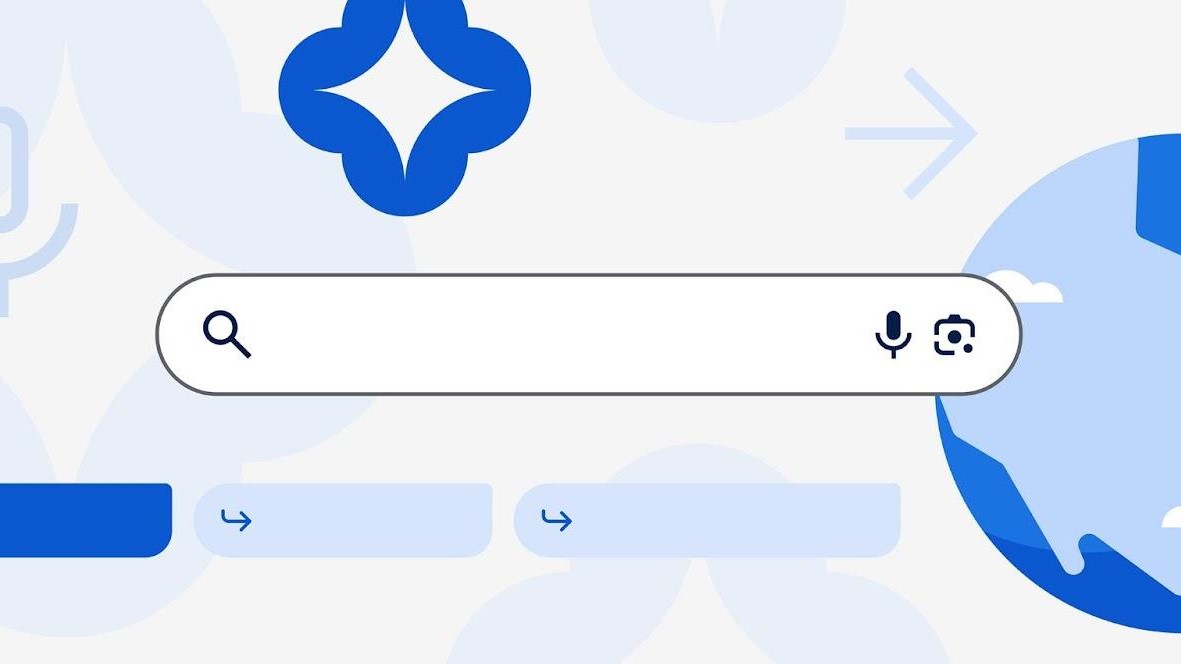Get the latest tech news
Beyond GPT architecture: Why Google’s Diffusion approach could reshape LLM deployment
Gemini Diffusion is also useful for tasks such as refactoring code, adding new features to applications, or converting an existing codebase to a different language.
(Editor’s note: We’ll be unpacking paradigm shifts like diffusion-based language models—and what it takes to run them in production—at VB Transform, June 24–25 in San Francisco, alongside Google DeepMind, LinkedIn and other enterprise AI leaders.) In an interview with VentureBeat, Brendan O’Donoghue, research scientist at Google DeepMind and one of the leads on the Gemini Diffusion project, elaborated on some of the advantages of diffusion-based techniques when compared to autoregression. BenchmarkTypeGemini DiffusionGemini 2.0 Flash-Lite LiveCodeBench (v6)Code30.9%28.5%BigCodeBenchCode45.4%45.8%LBPP (v2)Code56.8%56.0%SWE-Bench Verified*Code22.9%28.5%HumanEvalCode89.6%90.2%MBPPCode76.0%75.8%GPQA DiamondScience40.4%56.5%AIME 2025Mathematics23.3%20.0%BIG-Bench Extra HardReasoning15.0%21.0%Global MMLU (Lite)Multilingual69.1%79.0%* Non-agentic evaluation (single turn edit only), max prompt length of 32K.
Or read this on Venture Beat
